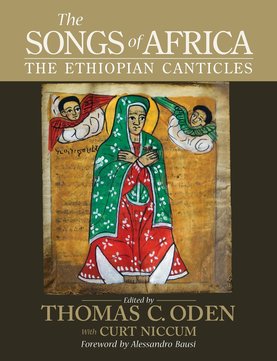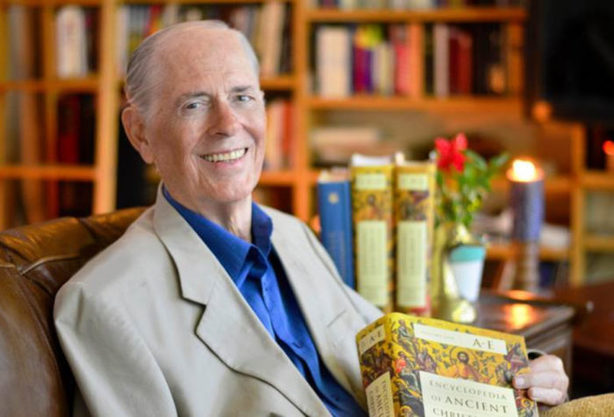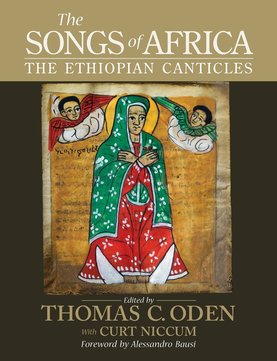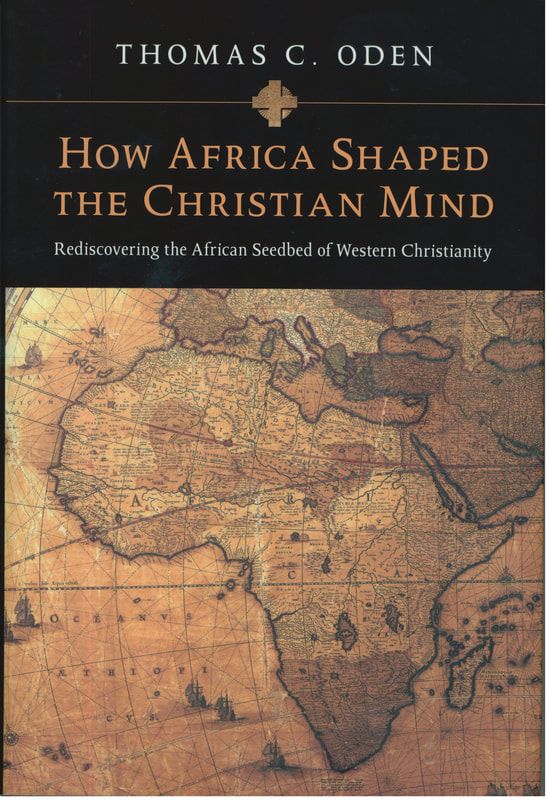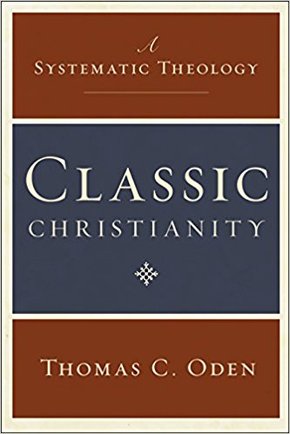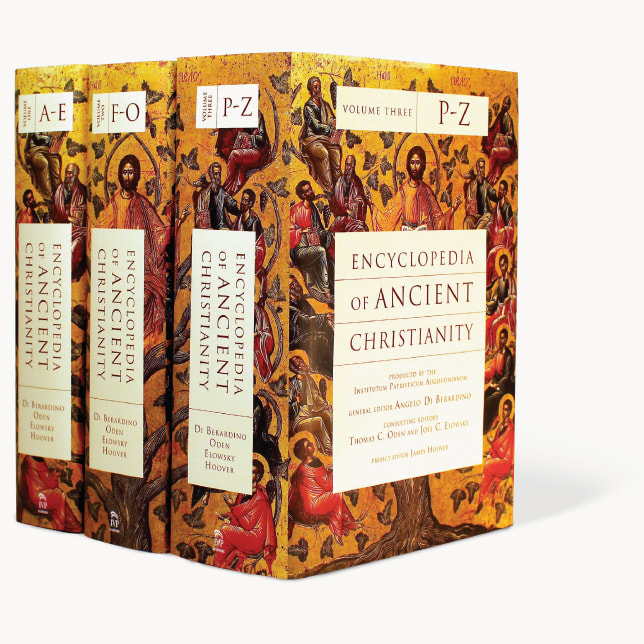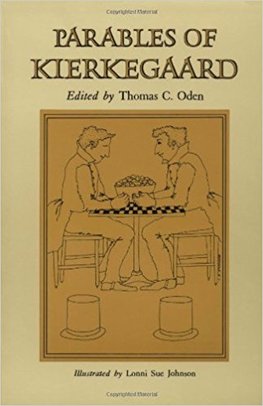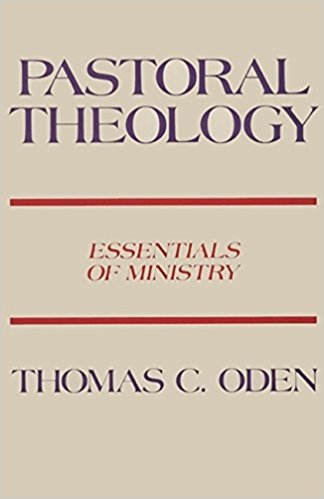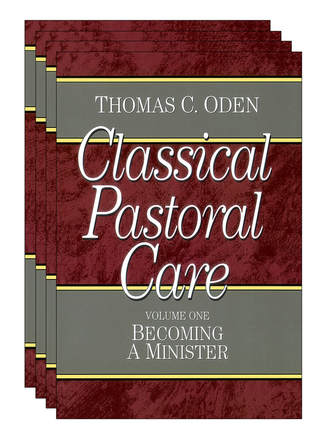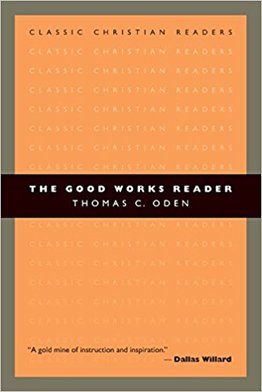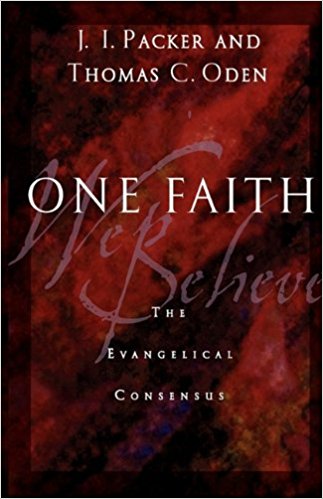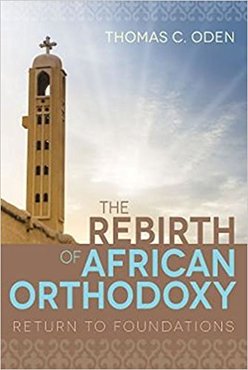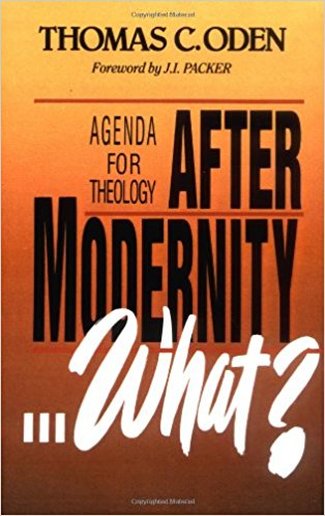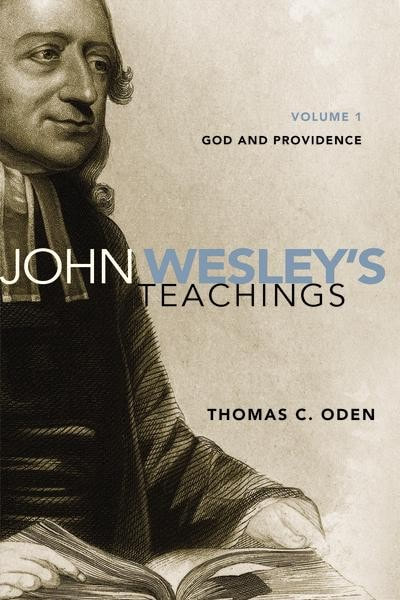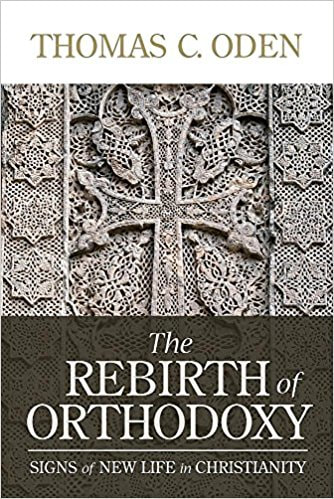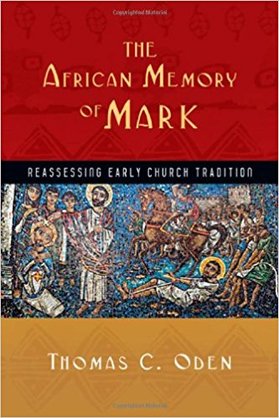Now Available: Songs of Africa, edited by Tom C. Oden
|
In the Songs of Africa, the authors present evidence that the oldest written form of African music with embedded musical notation in the sub-Saharan region was Ethiopian chant, song, dance, and instrumentation. Those who are looking for the most ancient known roots of African song, jazz, musical phrases, composition, and scripted musical notation may find them echoing from the Ethiopian highlands from the fifth century and codified in a stable manuscript tradition dating to the fourteenth century.
These manuscript sources predate by many centuries most other oral traditions found in traditional African religions. Despite their crucial importance in centuries of culture-formation, the Ethiopian Canticles have never before been the specific subject of rigorous critical textual investigation. In this volume one encounters significant implications for jazz history, African studies, and Christian culture in eastern Africa. This work illustrates, as vibrantly as do the colourful manuscripts themselves, the invaluable contribution of Africa to bridging the cultures of East and West and of antiquity and the modern world.
-- Michelle P. Brown FSA, University of London |
